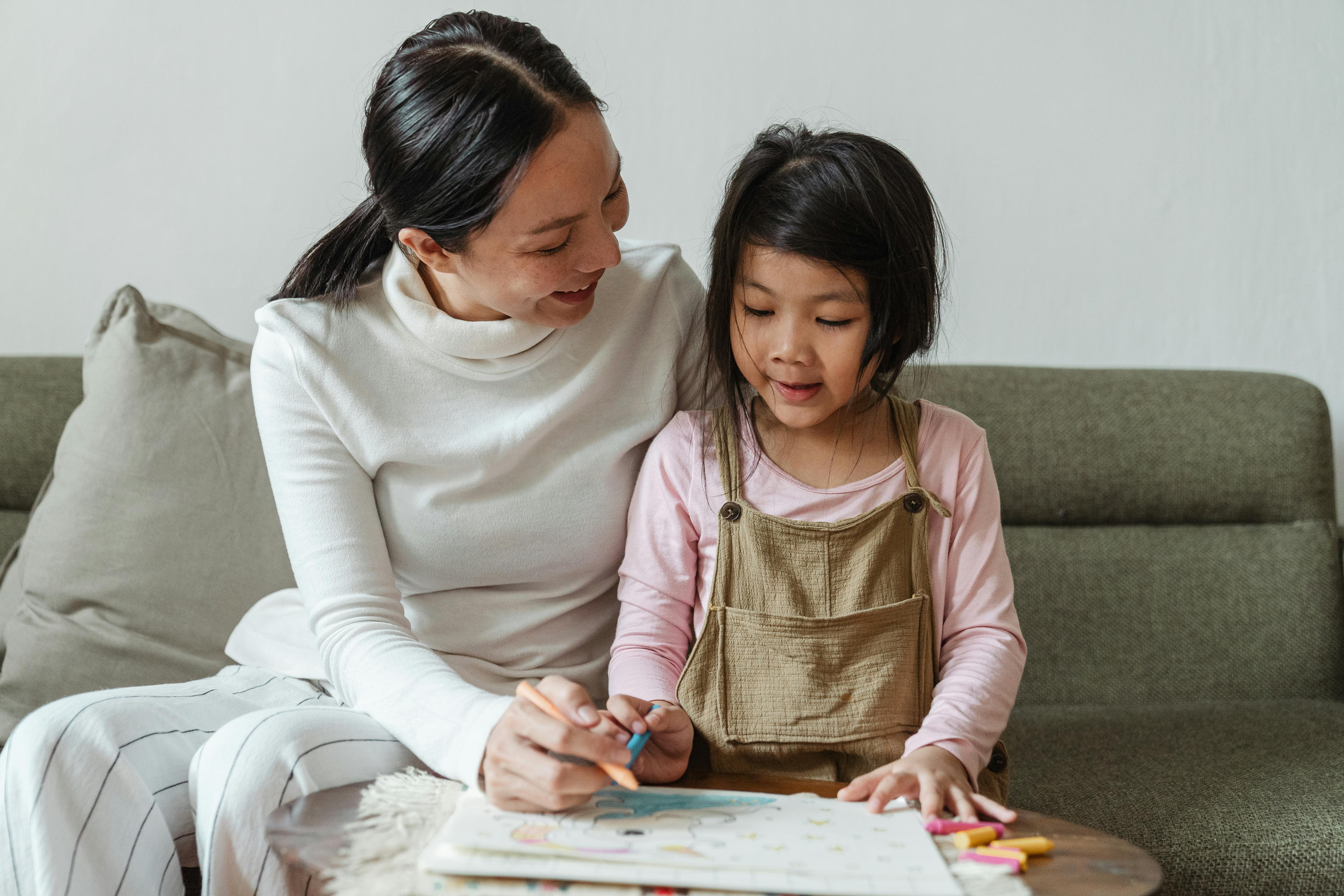Feelings can be elusive or overwhelming, so knowing what you’re feeling isn’t always easy. Understanding your own thoughts, feelings, and reactions will improve your relationships, because understanding yourself makes it easier to communicate with others. Try to understand how you feel, how much it is related to the present moment, current events, your physical condition, and how much it is related to your personal history. Caring about what you feel and knowing more about it actually makes you more compassionate, empathetic, and caring towards others. Knowing and understanding your own feelings also means that you will be much smarter about the feelings of others, that is, you will have the wisdom of your own feelings to help you figure out when the feelings of others are real or misleading.
If you’re upset, confused, or emotionally overwhelmed, knowing how to sort through your feelings can help you figure out what’s going on inside you and get what you want and need.
Take a look at your feelings. Are you anxious, tense, or worried about something? You are calm. Focus on your breathing and feel the accompanying bodily sensations: the fresh air coming in, the rhythm of your lungs expanding and deflating. Paying attention to your breathing for a while will help you become more aware of your feelings. Are you reacting emotionally to your surroundings? If it’s loud, are you upset? If it is too quiet, do you feel uncomfortable? If you are warm and comfortable, do you feel calm and relaxed? Usually it’s easier to feel the feelings if you give them a little time to surface and if you’re in a place where they won’t bother you, but they move through you every moment of every day. When you take the time to notice them, you can often use that information to help you handle situations wisely.
Whether you realize it or not, there is a lot of talk on your mind. At this point, you may be arguing or agreeing with what you are reading, or commenting if you think this is helpful, or criticizing or worrying about whether you are doing it correctly. Excerpts from songs, dialogue from movies or TV shows, or conversations from other times and places may play as a background soundtrack. Sit back and listen for a few moments and try to identify each thought that happens. With a little practice, you will become aware of a “soundtrack” made up of memories, thoughts, criticisms, background noise, television, music, movies, news, and other noises that you have recorded in your life.
If you practice this awareness of your inner thoughts and feelings, you will soon be able to quickly resolve what is happening with you, and if you do it repeatedly over several days, you will find that your self-awareness increases rapidly. . After a few weeks, you will be much more aware of your own body, your feelings, and your thoughts. Once aware, you have the opportunity to manage and / or change them to make them more effective for you. Accurate awareness of your thoughts, feelings, and actions is the key to understanding and communicating them.
Being curious about your emotions and thoughts will lead you to understand and explain things that, until now, have puzzled you. What’s behind your depression, your anxiety, your impulsive behaviors, your out-of-control emotions? Taking an interest in what you think and feel, as you would be in what is happening with your friend, your spouse, or your children, will help you improve your relationship with yourself and with others.
Your own emotions tell you what the feelings of others are. We can feel how someone feels without being told. By comparing what our other senses tell us about others (smiles, frowning, tension, “prickly vibes,” relaxed breathing, and an indescribable kind of data we call empathy) with what we know about our own inner feelings, we get conclusions about what other people are feeling. Without being told, we know when someone is angry, when someone has strong positive or negative feelings towards us, and when we are loved. Understanding gives us something to communicate with.
Here’s how to open communication with another person:
1. Don’t talk, listen. Some people are less verbal than others, and when we get nervous, we verbally tend to talk and talk. Resist the urge to take over the conversation and give the other person time to talk.
2. Don’t worry about a little silence: give the other person a chance to fill it.
3. When you speak, end your (short) story with a question: “What do you think? Or was it like this for you?” That invites the other person to respond.
4. Treat the conversation like a game of tennis: say something, then give the other person a chance to respond … take your time.
5. Don’t complain, count your blessings and say positive things. Everyone responds better to that.
© 2019Tina B. Tessina adapted from It ends with you: grow up and get out of dysfunction: http://tinyurl.com/z6xafbv










